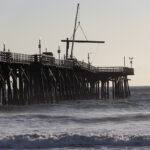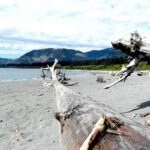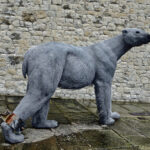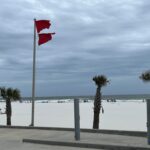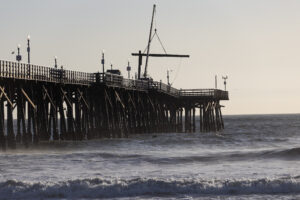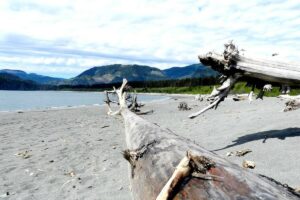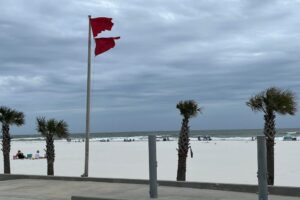Holiday parks in Schleswig-Holstein are now an ideal travel destination for families who are looking for an all-round carefree package. Living, eating, leisure activities: everything in one place.
Damp and Weissenhäuser Strand, Heiligenhafen and Fehmarn: They all have huge holiday centers that also emerged at the same time. In the early 1970s, they suddenly sprung up like mushrooms along the Schleswig-Holstein Baltic Sea coast. Why at this time? And why in these places?
Investments in major tourism projects
It is a result of the new prosperity. Suddenly, around 1970, many Germans could afford more expensive vacations. The small private landlords in Schleswig-Holstein hardly met the new requirements. The demand was there, but the supply couldn’t keep up. At the same time, a number of wealthy people took advantage of the tempting offers of resourceful building contractors. They invested in major tourism projects, which enabled large tax savings due to the zone border subsidy. For the 4,000-bed facility in Weissenhäuser Strand, for example, 100 million Deutschmarks were raised. The 7,000-bed complex in Damp even cost 220 million. The shareholders, who raised the partial sums, got a large part of this back through taxes. It worked so well that soon more was being built than needed.
collapse of the tourism industry threatened
However, resistance then arose not on the east but on the west coast: namely on Sylt. When the 80 meter high “Atlantis” was to be built in the best Westerland location, the residents went on the barricades. In fact, the project was stopped even though 200 apartments had been sold before construction began. Now there was also a planning stop for the whole of Schleswig-Holstein from politics. The concern at the time was that if more holiday centers with several thousand beds were to be built, the tourism industry in the country would collapse.
Restructuring secured existence
It was already too late for some of the big hotels: they went bankrupt. Others got the curve through restructuring and new concepts. The planning freeze ensured their survival.
Source : Tagesschau

